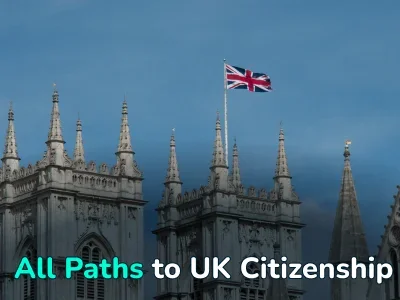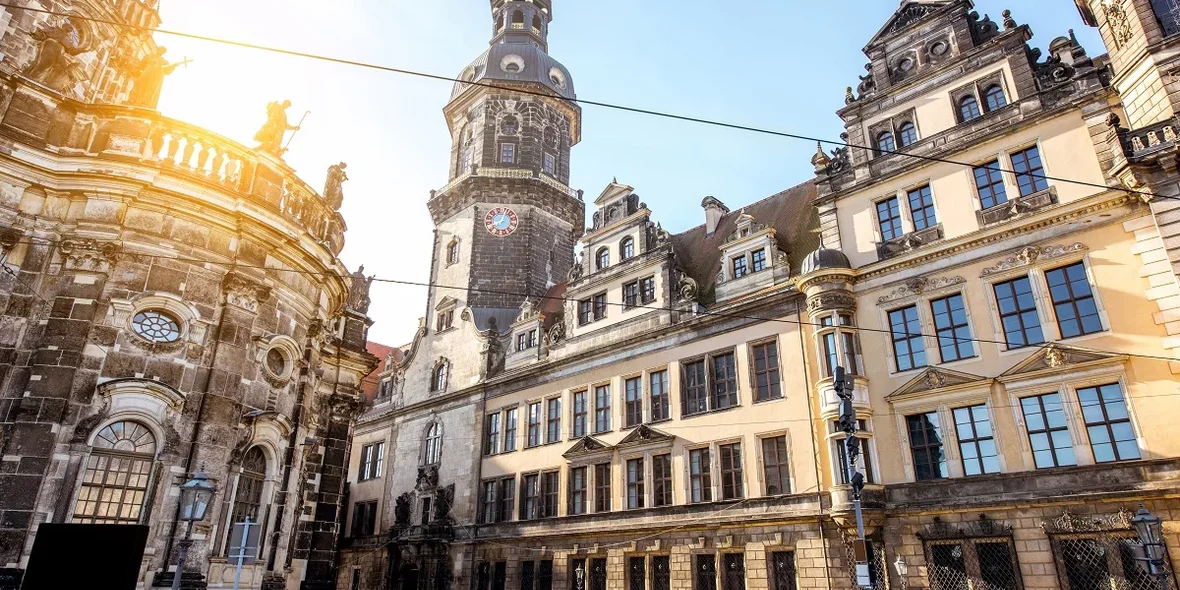
«It all started with the fact that we were no longer happy living in Novosibirsk». The story of one family who moved to Germany and immediately got a permanent residence permit
How to move from Russia to Germany and immediately get a permanent residence permit? Is it really possible? Yes, it is. Christina and Roman Bork and their little daughter Milana moved to Germany less than a month ago as part of the Latecomers Program, and they tell us all about it in detail on their blog. Christina told a Realting.com journalist what it takes to participate in this program and shared a list of all the necessary documents (a long text with a full checklist of all the documents).
«It started with the fact that we were no longer happy living in Novosibirsk»
— We started our preparations to move to Germany in January 2018, and at that time we couldn’t even imagine that it would take 4 years. We started thinking about moving even earlier.
It started with the fact that we were no longer happy living in Novosibirsk. The city began to die and collapse slowly right in front of us. At first we were thinking of moving to Krasnoyarsk. It is a beautiful city with many parks, green areas and observation points. However Krasnoyarsk inhabitants themselves say that the air in their city is strongly polluted. After much deliberation we decided that we want to live in our own house, but not in Siberia (because of our unpredictable winter, of course). And then we started to think about moving to the south. However, we gave up that idea when we found out about the possibility of moving to Germany.
My husband Roman is a hereditary German, which means that his grandfather (on his father’s side) is German, even though he was born in the Soviet Union, in the Volga region. His parents were repressed and exiled to Siberia during the war. They lived for a long time in a labour camp in Altai. Thanks to Friedrich Friedrichovich we had the opportunity to move to Germany under the late resettlement program. At the same time, Roman’s father was also German, as the nationality is being passed from his father. But in his birth certificate, it was written down as «Russian». In addition, the Late Settlers Program allows the family lineage only from a relative who was 16 years old in June 1941.
When we were asked if we were afraid to move, I replied: yes, we were. All our relatives, friends, established way of life and practically all of our possessions are in Russia. There we knew exactly where to go in case of an emergency or who we could ask for help. Of course, you fear, realising this.
But the fear goes away when you start comparing your prospects in Russia and in Germany. I know many successful people in Russia, but I do not see myself there.
Just so you understand, people have very different opinions about the future. A relative of mine has been living in Duisburg since her childhood. And when we decided to start preparing for the move, I called her. I was struck by the fact that she began to dissuade me: there are many refugees, life has become hectic, all the taxes are spent on those refugees. After that conversation I was a little tense. However, after a couple of days she called me back. She said that if I manage to find a good job here, I will live better!
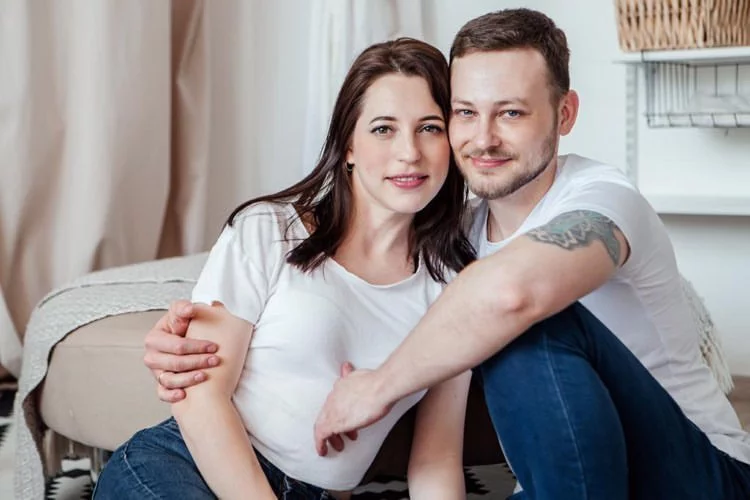

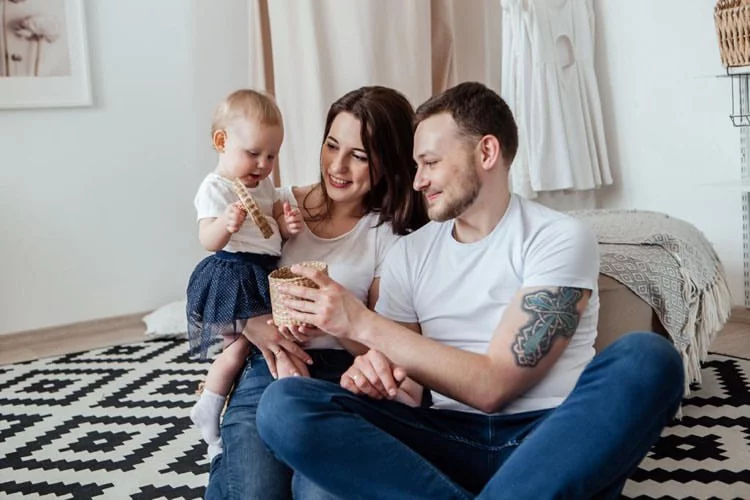
Late resettlement program. Details
So, the main points about the program to start with:
- A descendant born before 1.01.1993 can become an applicant and send documents in his/her own name. Individuals born later can move if a direct ancestor is recognised as a settler.
- An ancestor must have been 16 years old in June 1941.
- You must prove that the ancestor lived in the Soviet Union from May 8, 1945 or, in the case of forced migration, from March 31, 1952.
- The applicant must have «German» written in the «nationality» column. (This is more complicated, as there are practically no documents in Russia where nationality can be indicated).
- Knowledge of the language at level B1.
Changing nationality and applying for BVA
— The first and obligatory requirement for participation in this program is nationality change. That means, for example, that in your marriage certificate must be written «German» in the nationality column. But let’s go through the process in order.
First you have to apply to the registry office in the place of residence or registration for a change of nationality. They will issue an official refusal and you can take it to court to file a lawsuit. At the first court hearing, it is best to come with a witness (e. g. a German grandfather), but we did not have such an opportunity. At the second court hearing, we finally received a positive decision about the change of nationality, and we went back to the registry office with it. And so we got a new marriage certificate (and a child’s birth certificate), with the nationality we wanted.
All the updated documents have to be submitted to the BVA (Bundesverwaltungsamt) — the Federal Administrative Office in Cologne. You can send the documents directly on your own behalf or through a consulate. But the fastest way is to send the documents from Germany with the help of a person you trust (a relative, acquaintance or lawyer). When the documents reach the BVA, the Antrag (application) is given an individual number and a supervisor is assigned to handle your case. The documents are examined in the order of priority.
What documents do I have to provide to the BVA?
- A proof of identity of a relative who was 16 years old in 1941. We submitted my grandfather’s birth certificate. It was reissued, so copies of both the damaged (unreadable) certificate and the new one were submitted.
- Archive extracts, certificates of ethnic repression, proof of rehabilitation in the 90s. In our case there was a certificate of repression and rehabilitation. All of them were kept by my grandfather, so there was no difficulty with them.
- Documents proving identity of an applicant, children, spouses. Birth certificates and passports are also required.
- Military ID card.
- Employment record book.
- Education certificates. In Germany, school certificates are also important, so they are needed along with diplomas of higher education or technical secondary education.
- Marriage certificate. In our case, it has been reissued due to a change of nationality.
- Certificate which proves absence of criminal record (to enter Germany for permanent residence it is necessary to have «fresh» paper with a note about absence of a criminal record).
The application form was enclosed with the application package. The application form can be downloaded from the official BVA website. The Antrag must be filled in in German, so we have entrusted this responsible task to a specially trained person. The Antrag and the documents must be forwarded to: Bundesverwaltungsamt, 50728 Köln, Deutschland
After sending all the documents, we received the first reply about a month later: the documents have been registered, please do not disturb, the cases are considered in order of priority. So we did — we waited for the second reply that the documents had been processed and sent to Friedland (distribution camp).
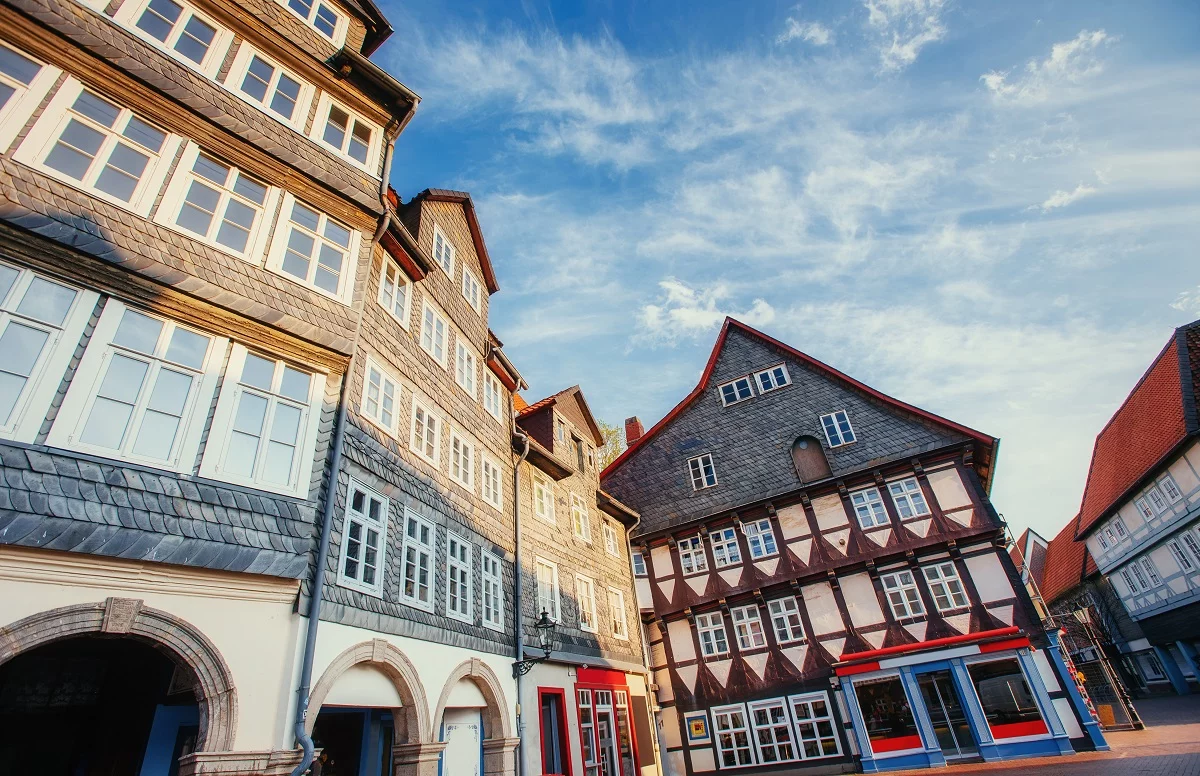
The large inflow of refugees provoked additional checks by the BVA. Something like: «Prove that you felt you were German from birth, give us your testimonies and make us cry by telling us about the persecution of Germans in post-war Russia, about children being persecuted and not being cared for. If the public prosecutor accepts your letter of complaint and you explain why you were not given German nationality at birth, you will get another surprise: you will have to take the B1 language examination — all four modules.
If the applicant (direct descendant) resettles under § 4, there is § 7 for spouses and children. For spouses, there is a limit — you must be in legal marriage for 3 years before you can be granted a permit to enter. In this case, the spouse is granted citizenship and a German passport in the same way as the applicant. If this condition is not fulfilled, the applicant’s wife or husband may move to Germany as a foreign citizen according to § 8 (under the principle of «family reunification»).
Language learning
— The applicant’s relatives are required to know German language at level A1 to move (minimum score for the certificate is 60). Children up to 18 years old are excused from taking the exam; people over 60 years old can obtain a minimum score of 52. In this case, a certificate of having passed the examination is issued and sent to the BVA.
I have been learning German all my adult life — since school. Our family has always had a special relationship with the German language and Germany. My grandfather was a military manю He was a colonel — a very respected man. My family (even before I was born) had lived in Germany, in a military camp for a long time, and my father was born there. My grandmother, a teacher of the Russian language and literature, began teaching German after her return.
There was a GDR flag hanging in the room and many German-Russian dictionaries on the shelves. I guess that’s why I never had any trouble learning, my grandmother always helped me with my homework and we translated texts together on her bed, surrounded by books and dictionaries.
Of course, as I grew older, I began to forget German, so I had to learn it all over again. I took the A2 language exam in October 2019 at the Goethe Institute. The exam consisted of four parts: reading (lesen), listening (hören), writing (schreiben) and speaking (sprechen). Roma took the language exam at the German centre at NSTU and passed it successfully.
Aufnahmebescheid (entry permit)
Aufnahmebescheid is an entry permit (someone calls it a «challenge»). But in fact it is the acceptance of a late immigrant on German territory. This decision is permanent and guarantees that the applicant and his or her family will be able to move on any day and at any hour that is appropriate for them.
At the consulate, on the basis of the AB, immigrants receive a visa to enter Germany. Family members who are enlisted in the Antrag receive an EB — Einbeziehungsbescheid.

National visa
Latecomers are required to obtain a national visa (D visa) for a long-term residence (more than 90 days) in order to enter Germany.
Documents required in order to apply for a national visa:
- Birth (adoption), marriage certificates (with apostille).
- Internal passport (without permanent residence registration).
- Foreign passport.
- Certificate that proves you have no criminal record.
- Admissions decision.
- Medical insurance with validity of 1 year and coverage of 90 days.
- 3*4 photos (one to paste into the application, one to bring with you).
- Visa application form in German (you may download the form or complete it online from the Consulate General’s website).
All documents must be submitted in the original with one copy. You do not need to have the copies certified. You do not need a translation of your Russian documents. It is important to note that all applicants have to be present at the application in person, therefore you have to register each of them.
How I wrote letters to Frau
I am generally in favour of writing, calling and asking. Germans, as it turns out, are a bit slow.
The first letter flew out three months after sending the full package of documents. The letter was brief but diplomatic: What about our case? We sent you all the documents. It did not take long for the answer, though it was similar: «We haven’t forgotten about you, the case is still under consideration. Wait.»
The waiting period hadn’t been specified, so I decided that a month was enough to review our case which had already been taken up at my request.
On December 1, 2021 a second letter flew out. Here, of course, I’ve done my best: it was about our family, whom we miss so much and want to be reunited with them badly. Nor had I forgotten our burning desire to become part of German society, and to start integrating as soon as possible. But Frau Knobloch’s icy heart didn’t care: «I already answered you a month ago!
Perhaps it is a coincidence, but our Frau wrote us an entry permit three days after my second letter. Apparently, her heart wavered after all.
The cover letter is not less important. Firstly, it’s necessary to show respect for your beuratore. Secondly, it is a way to avoid additional questions from the BVA. In such a letter you should describe your personal history of participation in the program. Tell them what situation you and your family are currently in and whether you have any relatives who have already moved to Germany under the Late Settlement Program or any other program.
You should also give a list of the documents enclosed. If any documents are reissued, explain why. When sending additional requests, please also remember to enclose a covering letter. It should begin with «Sehr geehrte/er...(much respected)» and end with «Mit freundlichen Grüßen (best wishes)».
Germans love letters, so don’t be lazy!
Useful tips for resettlers
Here are some useful tips to help you integrate into a new community:
- Before you leave the country, be sure to pay off all debts, both credits and taxes.
- Close all accounts (credit and debit) and take statements for each account (sometimes the Jobcenter will refuse to grant benefits if statements are missing).
- Get an extract from the Federal Registry Office for the last 10 years (you may need it in order to apply for the benefit).
- Print out 35*45 mm passport-size photos (as for visa) for your internal documents in Germany.
- Check your health. You will have to stay for three to ten days in Friedland. After you arrive at your allocation site, you will start processing your documents. It will be very unpleasant if you suddenly get a toothache, for example. And if you have chronic illnesses that flare up when the weather changes or when you are stressed, stock up the medication that you need to keep yourself healthy. Finding analogues in Germany will take time.
- If you are travelling with a pet, you should take out insurance for it as well. Treating pets in Germany is insanely expensive. There were cases when a pet had an operation and was taken to change the bandage every day (of course not for free). Because in German pharmacies there’s no brilliant green or iodine, and in Russian pharmacies as well, by the way.
- Leave a notarised power of attorney for a relative in Russia, so that he can get certificates, statements, etc. if necessary.
Keep a positive attitude, the hard times will be over, and you will become part of the German community.
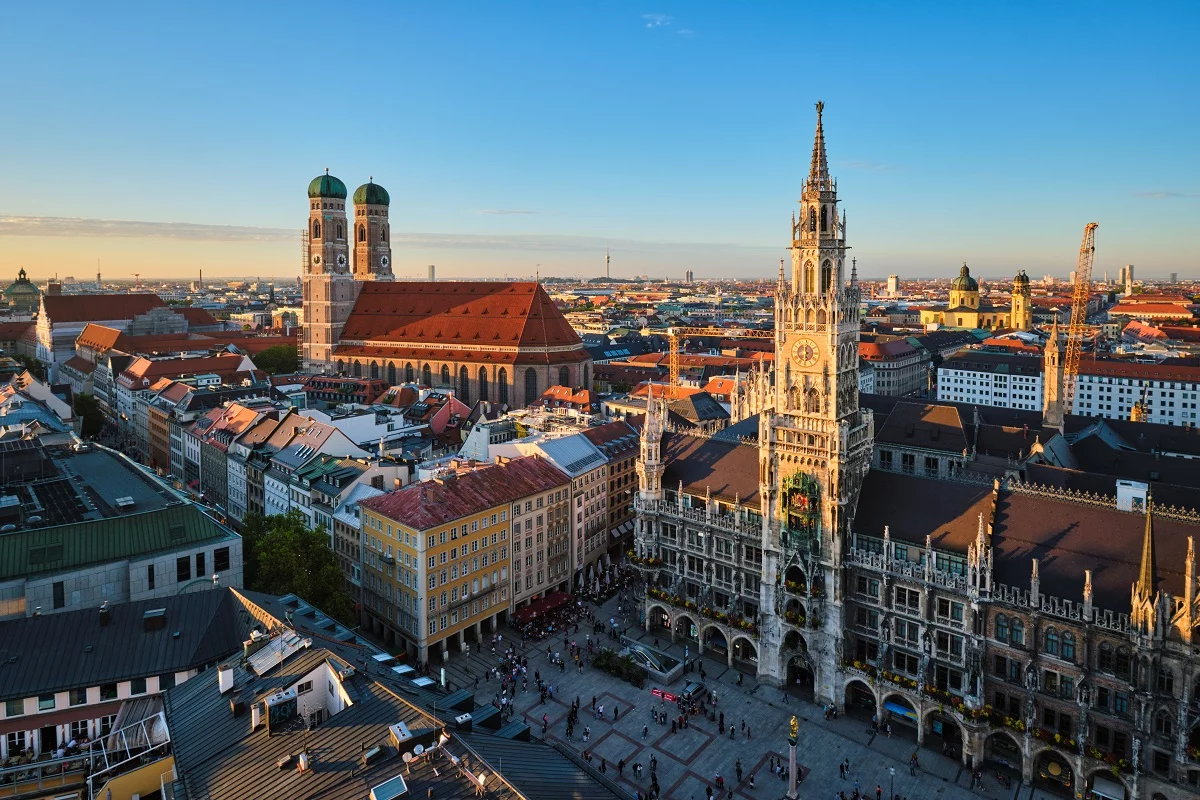
Do you want to buy a flat in Germany? Go to the «real estate in Germany» section and choose from thousands of options to find something appropriate for you.

















